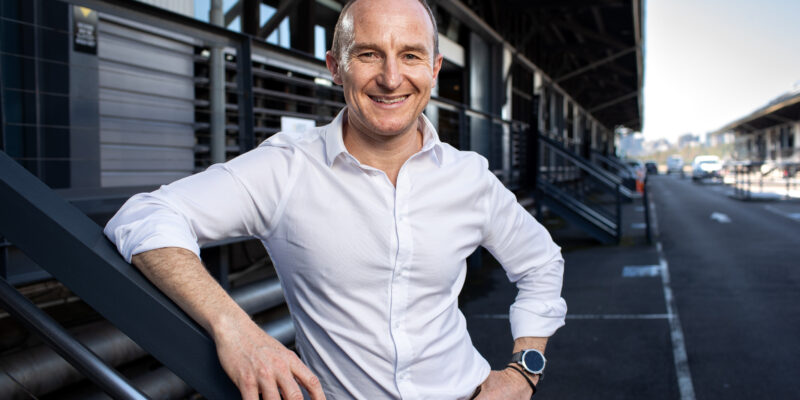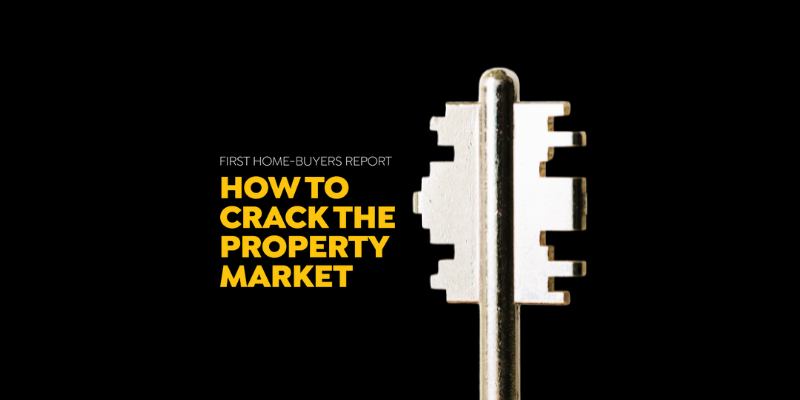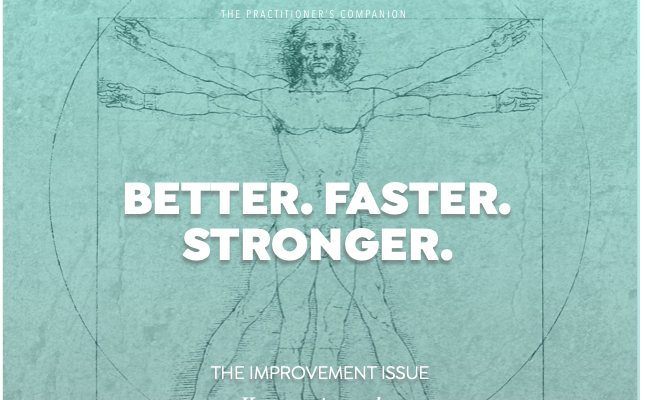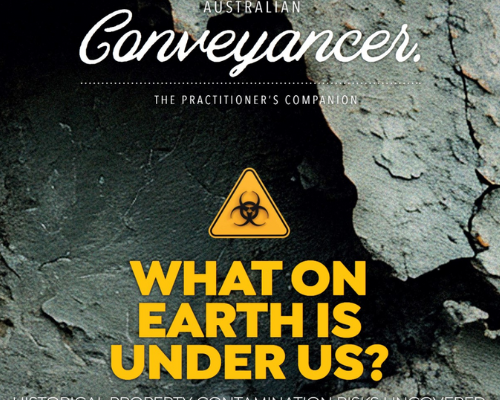Own it first, then you can beat it
Every week executive business coach John Colbert sees clients who are suffering burnout and need to take action to turn their lives around. The director at leadership development company Corporate Edge, John says the warning signs of burnout are when someone feels distracted and less patient; low in energy and more tired earlier than usual; find it hard to listen to loved ones; are easily agitated and frustrated; and feel…

EVERY week executive business coach John Colbert sees clients who are suffering burnout and need to take action to turn their lives around.
The director at leadership development company Corporate Edge, John says the warning signs of burnout are when someone feels distracted and less patient; low in energy and more tired earlier than usual; find it hard to listen to loved ones; are easily agitated and frustrated; and feel more anxious than usual.
“At work sufferers will find it difficult to focus for long periods; struggle to get momentum in complex problems or challenging matters; take longer than usual on simple/easy tasks; procrastinate or avoid difficult decisions/tasks,” he says. “They have a more cynical or negative view of the future; and feel unmotivated by things that are core to their business.”
Implementing some “non-negotiable must tactics” to mitigate the situation will help conveyancers return to some life balance, says John. And he advises stressed out individuals they:
- MUST maintain or increase physical health activities – walking/exercise/gym
- MUST set a boundary or cut-off for when work time finishes at night and on weekends
- MUST get seven hours of sleep
- MUST get off the computer and phone for at least three times a day at work and get outside (even five minutes walk – look at the trees not a screen)
- MUST book a holiday for at least four days (ideally a week) every three months
- MUST turn off devices at home
- MUST think about trying meditation or other relaxation methods
“The other thing that helps massively, is to recognise the link between energy, productivity and focus,” says John, who observes many conveyancers will stay at their desk for an entire day to churn through work and feel productive.
“Working at such an intense pace means you’re desk bound and not moving, you’re eating at your desk and choosing more processed foods or less healthy snacks with more sugar, which impacts us negatively in terms of energy spikes, crashes, motivation, focus and memory.
“Giving yourself a break from thinking about work, makes us better able to do it – faster and smarter – when we come back to it.”
John says it’s imperative to identify the type of burnout his client is facing and if it is transitory or lasting.
“If I see permanent behaviour patterns, the client needs to make different decisions about the level of work they take on, it’s hard to confront but critical to acknowledge,” he says.
“On the other hand, if the burnout is linked to cyclical periods, then it is about re-framing the way they think about it and setting small visions/milestones.
“They can recognise this is just a point in time, the pacesetting will ebb and flow, but they will be through this period soon and can then reset. This mindset helps reduce the burnout.”




